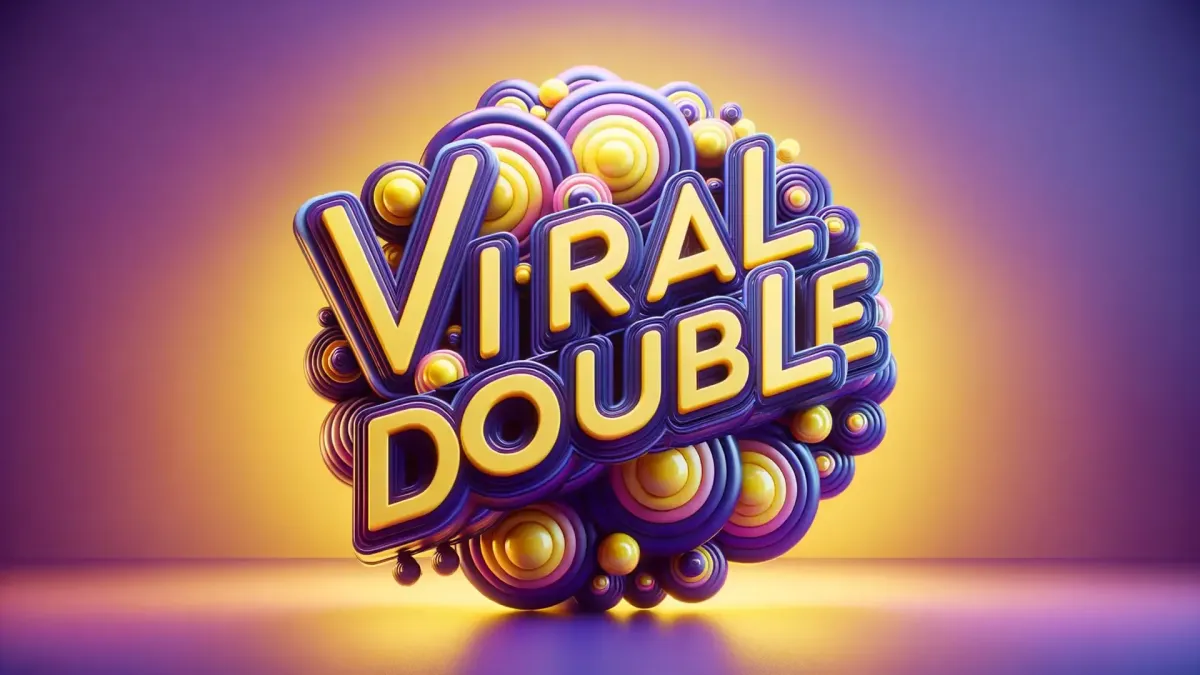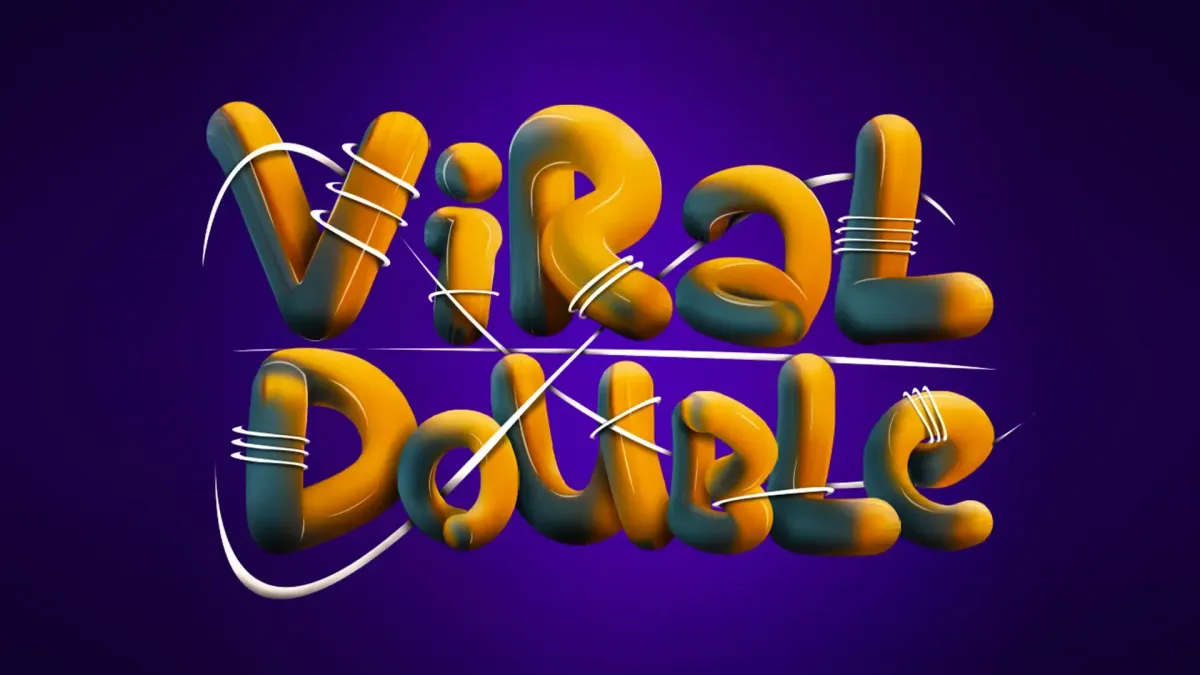Latest Marketing Blogs and Articles
Read the latest news & entertaining articles about AI, marketing, AI in marketing

How Much Do Small Businesses Spend on Marketing Each Year
When you’re running a small business, every dollar counts. Marketing isn’t cheap, but it’s essential for growth. Whether you’re trying to get your name out there or connect with loyal customers, understanding how much to spend on marketing can make or break your budget. But how much are small businesses really spending each year on marketing? Let’s break it down.
How Much Do Small Businesses Actually Spend?
If you’re a small business owner, you might be wondering if you’re spending enough—or maybe too much—on marketing. According to recent studies, small businesses spend an average of 7-8% of their revenue on marketing. That means if you make $500,000 in revenue, about $35,000 - $40,000 might go toward marketing expenses.
Some industries, however, demand higher budgets. For example, businesses in the consumer services, retail, and healthcare sectors might spend up to 10-12% of their revenue on marketing because they rely heavily on visibility and customer engagement. B2B industries, on the other hand, typically spend a bit less, often around 4-6%.

Understanding these numbers helps you see how much other businesses like yours are investing. But averages can only tell us so much. Let's dive deeper into where that money is going and the factors that influence these budgets.
Where Does All That Marketing Money Go?
So, what does a small business spend on with its marketing budget? Here’s a quick breakdown:
1. Digital Marketing: This includes social media ads, email marketing, pay-per-click (PPC) ads, and SEO. Many small businesses today put around 45-55% of their marketing budget into digital marketing, as it offers direct tracking and the potential for high returns.
2. Traditional Marketing: Billboards, print ads, and radio spots still play a role, especially for local businesses. Small businesses that invest in traditional marketing might allocate around 10-15% of their budget here.
3. Content Creation: Website content, videos, blog posts, and other creative assets are a huge part of marketing, typically taking 20-30% of the budget.
4. Events & Sponsorships: Local events, trade shows, or sponsorships may take up 5-10% of a small business's budget, especially for B2B companies that rely on face-to-face networking.
This breakdown shows that digital marketing is the clear priority, given how much people rely on the internet to find products and services today. But even digital marketing can vary widely in cost, depending on what a business prioritizes.
Factors That Influence Marketing Budgets for Small Businesses
Each small business is unique, so there’s no one-size-fits-all marketing budget. Here are some factors that heavily influence how much small businesses decide to spend:
Industry: As noted earlier, different industries have different expectations. If you’re a local bakery, you may not need as hefty a marketing budget as a law firm or tech startup.
Target Market: A local business targeting a specific town might spend less than a business trying to reach customers across a whole state or country.
Business Size and Revenue: It goes without saying that a business with $1 million in revenue can likely afford a bigger budget than one making $100,000.
Marketing Goals: Are you looking to increase brand awareness, boost online sales, or open a new location? Specific goals will shape how much you’re willing to spend and on what types of marketing.
Quick Stats on Marketing Spending
Let’s look at some numbers that reflect what small businesses spend in certain areas:
1. Social Media Marketing: Social media marketing can cost anywhere from $200 to $1,000 per month for a small business. Paid social ads are particularly effective, costing around $0.50 to $2 per click depending on the platform.
2. Email Marketing: Email remains one of the most cost-effective channels, with an average return of $36 for every $1 spent. For most small businesses, an email marketing platform like Mailchimp or Constant Contact costs between $20 to $300 per month, depending on the number of subscribers.
3. Google Ads (PPC): Pay-per-click ads on Google can be highly effective, with costs averaging $1 to $2 per click. But if you’re targeting highly competitive keywords, you might be looking at closer to $5 to $15 per click.
4. SEO Services: Search engine optimization (SEO) is essential for driving traffic, but it’s an investment. Many small businesses spend between $500 and $2,000 per month on SEO services to improve their ranking on search engines like Google.
These statistics provide a more detailed picture of where marketing dollars go and how those investments stack up across various channels.
What Does This Mean for Your Business?
If you’re planning your budget, remember these are averages—not rules. Some businesses succeed with lower budgets because they maximize low-cost channels like organic social media and content marketing, while others invest more heavily to see faster results.
Tips for Maximizing Your Marketing Budget:
Focus on Digital First: Digital marketing offers affordable and measurable options for reaching a large audience. Platforms like Google Ads or Facebook Ads let you target specifically to get the most out of every dollar.
Experiment with Content: Small businesses that regularly create and share valuable content (like blog posts, videos, and guides) often see great returns on investment. Content marketing builds trust and can work long after it’s published.
Leverage Free Tools and Platforms: Some free tools (like Google My Business, Facebook, and LinkedIn) allow you to reach and engage audiences without significant ad spend. Claiming and optimizing these profiles can help you appear in local searches, which is valuable for small businesses.
Track Your Results: Tools like Google Analytics or even free insights on social media platforms allow you to monitor your marketing’s impact. This helps you fine-tune your budget based on what’s actually working.
Why Marketing Coaching Can Help Maximize Your Budget
Budgeting for marketing is a challenge for many small businesses, and even with the stats and averages, it can be hard to know where to start or what strategies will get the best results. That’s where marketing coaching comes in.
A marketing coach doesn’t just tell you where to spend your money—they help you understand the strategies that fit your unique business, audience, and goals. Here are some ways a marketing coach can help:
Clarify Your Goals and Audience: Before you start spending, a marketing coach will work with you to define your target audience and clarify your goals. This focus allows you to choose the best channels (like social media, email, or SEO) and avoid spending on approaches that don’t connect with your customers.
Tailor Your Strategy: With so many options for spending (Google Ads, social media, SEO, content, and more), it’s easy to spread yourself too thin. A coach can help you prioritize and build a strategy that aligns with your budget and growth goals, focusing on areas with the highest ROI for small businesses like yours.
Optimize Existing Efforts: Not sure if your current marketing is hitting the mark? Coaches analyze what’s working and what isn’t, helping you fine-tune campaigns, choose better-performing keywords, or even adjust your social media posts for better engagement. This way, you get the most value out of every dollar you spend.
Navigate Analytics and Tracking: Tracking metrics like website traffic, engagement, and conversions can be overwhelming if you're not familiar with analytics. A coach can help you understand these numbers, teaching you how to read the data and adjust your strategies to continually improve your results.
Stay Up-to-Date on Trends: Marketing trends are always changing. A coach helps you keep up with new developments, like algorithm updates or emerging platforms, so you stay competitive without having to be a marketing expert yourself.
Hiring a coach might sound like an extra expense, but by helping you make informed, strategic decisions, they can actually save you money in the long run. Think of it as an investment in making sure every marketing dollar you spend is spent wisely.
Summing It Up
Small businesses in the U.S. spend between $5,000 and $50,000 per year on marketing, with an average percentage of 7-8% of total revenue. The exact amount varies widely depending on factors like industry, audience, and business goals, but smart spending on digital channels, content, and tracking can make a huge difference.
Your marketing budget is an investment. By understanding average spends and carefully managing your own, you’ll be on your way to maximizing your marketing ROI and growing your business. Remember, it’s not always about spending more—it’s about spending wisely.
Sources:
Do you need help with your marketing, your website, SEO, Google Ads, Facebook Ads? We will take care of you!
We specialize in helping companies around the world outperform their competitors and generate more sales. Thanks to our customized AI marketing solutions, we guarantee 7 times better results! We are leaders in what we do and our awards speak for themselves.

Book a Consultation
I agree to terms & conditions provided by the company. By providing my phone number, I agree to receive text messages from the business.
Get in touch with us today!
Contact us today and discover why we're the No.1 AI Online Marketing Agency trusted by top brands worldwide. Let's turn your vision into reality and watch your business soar to new heights. Online marketing has never been this powerful—experience the Viral Double difference today!

Viral Double - your own online marketing agency.
At Viral Double, we believe in transparency, innovation, and above all, results. Our success stories speak for themselves, showcasing how businesses like yours have thrived under our guidance. Whether you're a startup looking to make waves or an established brand seeking a digital transformation, we're here to guide you every step of the way.


